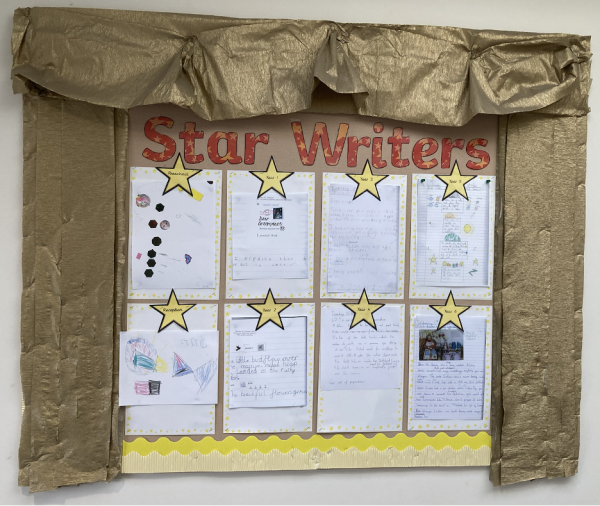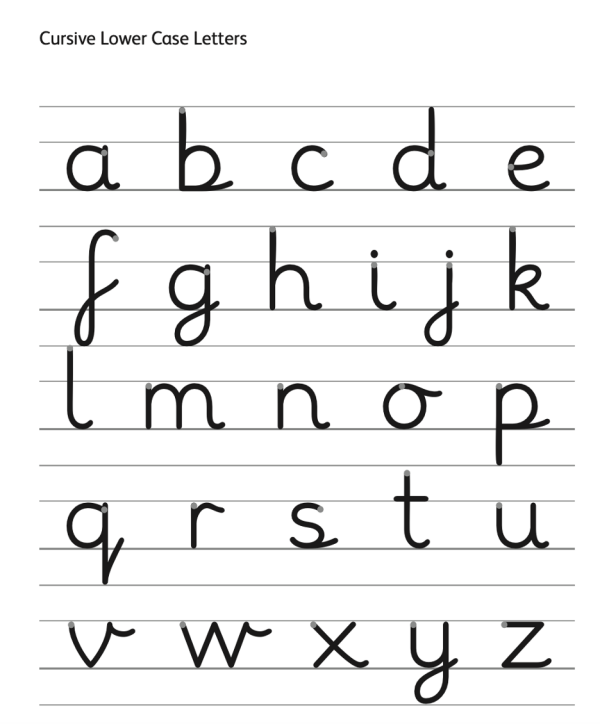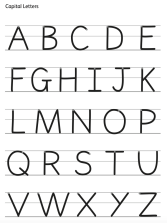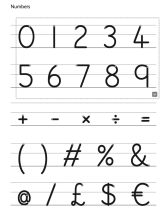Year Two - Hedgehogs
Welcome to Year 2, your Class Teacher is called Berna.
Key Information
Please see our newsletter and curriculum overviews for details of our topics, events and any key dates.
A reminder that the gate opens at 8:40am for children to enter through the main entrance and are expected to be in class by 8.50am. At the end of the day parents/carers pick up from the classrooms at 3.20pm.
P.E Days
Tuesday and Friday
Please ensure your child has their PE kit in school on the correct days.
Contact Information
If you have any questions or queries, please do not hesitate to contact Berna, please email info@somerdaleet.org.uk or call the school office to book an appointment
At Somerdale Educate Together our approach to teaching Mathematics fosters and promotes our ethos and beliefs that all children can achieve and succeed.
We use the White Rose Maths scheme to form the basis of our planning throughout our school.
You can find out which units your child is currently learning by checking your child's class termly newsletter. You can then navigate to the parent section of White Rose to find more advice on the block of learning and the small steps taught.
You can find support and further information on our Maths curriculum page which includes the Programme of Study and parent guides for each year group, detailing the strategies taught in the classroom and how you can support at home.
To support children to achieve their full potential in writing, quality books are chosen as a termly stimulus for English which will fascinate and engage. The books are carefully selected as it is so important that children see themselves and each other in the books they read. The themes, characters and authors reflect the diversity of our communities to help children develop empathy and inclusion, as well as to build a more realistic view of the world around them. A planned sequence of teaching is followed to enable the children to meet a specific end of unit writing outcome; one for fiction and one for non-fiction. The sequence begins with sharing the text followed by detailed analysis. Key vocabulary and phrases from the text are highlighted and studied to expand the children’s word understanding. Weekly grammar lessons, are followed by opportunities for the children to practice these skills independently in their own writing. Each unit culminates in an end of unit write which will use the learning from the whole unit. Children are taught editing and revising skills in order to improve their own work. This sequence is recorded on the English Working Wall with examples for the children to use as prompts.
Throughout the year, children will write for a variety of purposes and audiences across fiction and non-fiction. Writing to entertain includes description, poetry and story writing. Story writing covers basic story plots from Pie Corbett including wishing, warning, conquering the monster, finding, journey, losing, meeting, rags to riches, fear, and character flaw tales as well as alternative endings to equip them with frameworks around which to base their own writing. Children also focus on a different non-fiction writing purpose including to inform, to argue and to explain, appropriate to their age and ability including a variety of text types: recount (newspaper and diary), report, instruction, explanation, discussion and persuasion. When a text type has been covered there are short burst opportunities for children to revise these throughout the year including outside of the English lesson in Enquiry, Science or Learn Together lessons. Children are supported by guided and modelled writing.
In additional to the above whole school initiatives successfully raise the profile of the school. This includes weekly Star Writers from class work celebrated.

Handwriting
There are high expectations of handwriting across the curriculum areas.
Key Stage 1: Precursive handwriting is taught in year 1 as children continue to learn forming precursive letters correctly. Diagonal and horizontal joins are introduced and practiced regularly with children all using neat, cursive handwriting by year 2.
 |
 |
 |
Capital letters and numbers are used from EYFS to year 6.
At Somerdale we know that reading is an invaluable and lifelong skill that has astonishing benefits for our children. This is why we foster a love of reading in many ways from Early Years to Year 6. Our teachers provide a structured learning pathway that connects Guided Reading with focus texts and children’s inquiry questions, ensuring a deep understanding of reading concepts.
Reading for Pleasure: We use a thematic approach to encourage a love of reading, selecting books based on children’s interests and experiences. Children actively participate in building their classroom bookshelves, linked to their inquiry topics, and have access to a “Class Canon of Literature” where they can explore books that excite them. Many children are often found reading during their free time!
Classroom Reading Culture: Each teacher establishes a daily shared story time, with a class book prominently displayed, encouraging a communal love for reading.
Parental Involvement: We actively involve parents in our reading culture. Home reading is a priority, with children regularly swapping books and using a home-school reading diary to communicate with teachers. Parents are encouraged to engage through phonics workshops for EYFS and Year 1, and home access to Busy Things is updated with the phonics sounds taught in school.
Library and Volunteers: Teachers plan regular library sessions, exposing children to different genres. We also have Priority Reading Groups that read with Reading Project Volunteers, and we’ve built strong connections with the local library in Keynsham to foster a community of reader.
Reading in EYFS and KS1
In Reception, Year 1, and up until Term 2 in Year 2, we follow Little Wandle Guided Reading, using the Little Wandle Letters and Sounds Revised scheme. This structured approach helps children develop essential reading skills like decoding, fluency, and comprehension.
Our guided reading sessions are held 3 times a week and are organised as follows:
Session 1: Focus on decoding, where children sound out words.
Session 2: Focus on fluency, helping children read smoothly and with confidence.
Session 3: Focus on comprehension, ensuring children understand what they read.
Children are grouped by their reading level, ensuring that each child is challenged appropriately and supported by an adult during these sessions.
Phonics
At Somerdale, we provide a comprehensive approach to spelling instruction, equipping children with a variety of strategies to help them become confident, proficient, and independent spellers. In Reception, Year 1, and up until Christmas in Year 2, we follow the Little Wandle Letters and Sounds Revised scheme. From Year 2 (after Christmas) through to Year 6, we transition to the Spelling Shed program to continue building on these essential skills.
During the Autumn term in Year 2, children start by reviewing phase 5. Teachers ensure that children are at the expected stage of their phonics learning. Gaps identified from Year 1 are revisited, providing children with the time they need to be ready for the next stage. By the end of the Autumn term, our aim is for children to be ready to move on to Phase 6 of their phonics journey, with a daily focus on spellings and related spelling patterns.
At Somerdale, we use Spelling Shed from Year 2 onwards to make spelling fun and engaging. Each week, children are introduced to new spelling patterns, receive focused instruction, and have opportunities for independent practice to reinforce key skills. At the end of the week, there’s a quiz on the learned words, followed by a new spelling list and assignment to continue building their skills.
In Terms 1 and 2, Year 2 children begin by revisiting Phase 5 phonics with Little Wandle. After Christmas, we focus on Phase 6 phonics and reinforce spelling rules using Spelling Shed, with 4 sessions per week, each lasting 15 minutes.
Click Here to view the school assessment overview for 2024-25
Internal Assessment Timetable 2024-25
| Subject | Assessment Week | Teacher Assessment | NFER Assessments in Reading & Maths |
| Term 2 | 2nd Decemeber 2024 | Year 2 | Year 2 |
| Term 4 | 17th March 2025 | Year 2 | Year 2 |
| Term 6 | 30th June 2025 | Year 2 | Year 2 |
Children who did not pass the Phonics Check in Year 1 will retake the assessment in June 2025.
| Year Group | Assessment Schedule |
| Year 2 Phonics | Week Commencing Monday 9th June 2025 |

